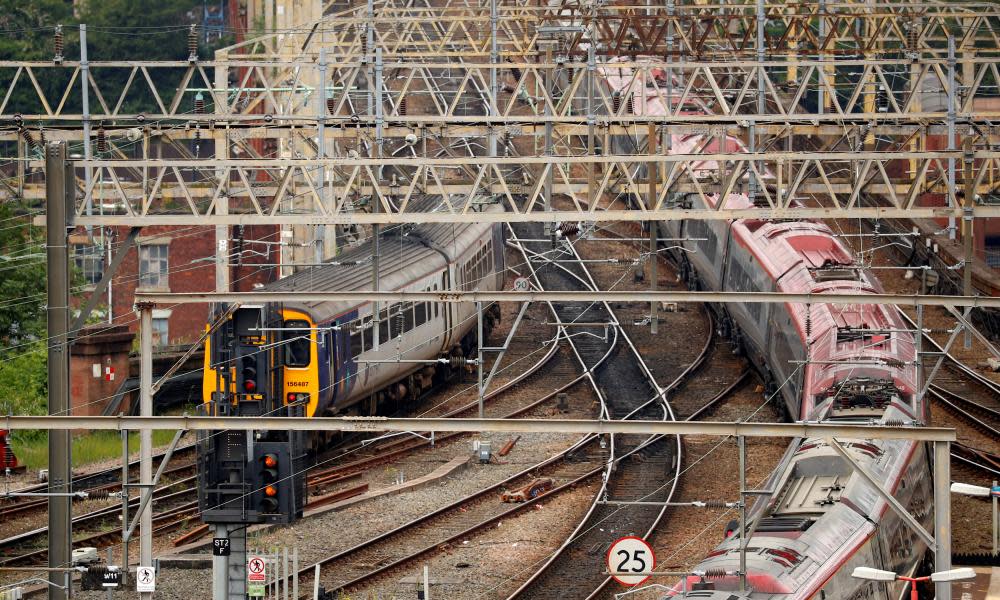‘Chaos’: has British rail travel fallen into an abyss?

This week transport secretary Chris Grayling was accused of being “asleep at the wheel”, although trains don’t have steering wheels, so perhaps he was asleep at the dead man’s handle. There is still widespread “train chaos” or “rail chaos” or “travel chaos” since train companies had to introduce new timetables and promptly failed to run trains according to them. This they weasellishly call “disruption”, though that word’s original meaning, of a violent tearing-apart, is more apt.
The meaning of utter disorder arises first with William Tyndale’s 16th-century translation of Matthew’s Gospel
In Greek mythology, chaos was the primordial void that existed before creation, and its first English sense was that of a boundless abyss. The meaning of utter disorder arises first in the 16th century with William Tyndale’s translation of Matthew’s Gospel. There an unnavigable maze is “a confused Chaos, and a minglynge of all thynges together with out order, every thynge contrarye to another”. Rather like the privatised rail network.
The original cosmic chaos was at least a fruitful void. The first things to pop into existence were the Earth and the underworld. Then came Eros. So if all goes according to tradition, at least despairing commuters could find love on the overcrowded platforms.

 Yahoo News
Yahoo News 
